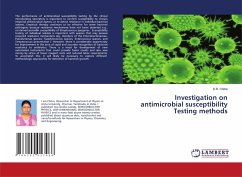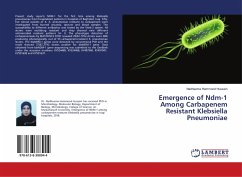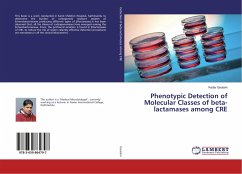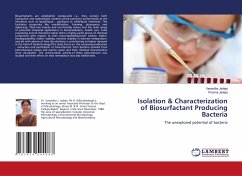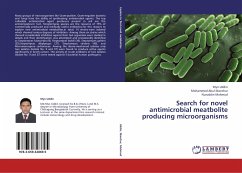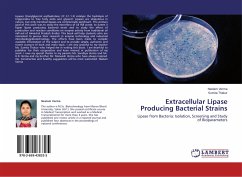Carbapenems are the most potent group of antimicrobial agents available, they are often used as last line for treating infections caused by multidrug-resistant Gram-negative bacilli. Carbapenem-resistant Enterobacteriaceae (CRE) are designated now by the Centers for Disease Control and Prevention (CDC) as a "nightmare bacteria". CRE infections are associated with high mortality, primarily due to the delay and the extreme limitation in effective treatment options. As carbapenemase production is the main mechanism of resistance to carbapenems, the emergence of carbapenemase-producing Enterobacteriaceae (CPE) has become a global health threat. The epidemiology of CPE is well defined in Europe, where several national and multinational epidemiological surveys have been performed, whereas data from North African and Middle East regions are still insufficient. In this review the author tries to estimate the situation particularly in Egypt and other Middle East countries. This work givesthe latest updates in the topic regarding methods of detection and treatment options as main directions to limit the spread of these superbugs!
Bitte wählen Sie Ihr Anliegen aus.
Rechnungen
Retourenschein anfordern
Bestellstatus
Storno


